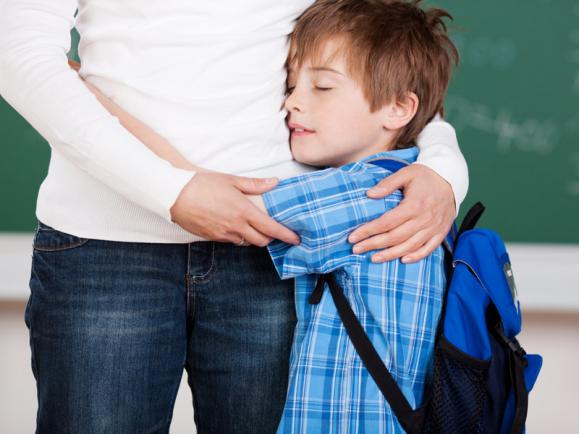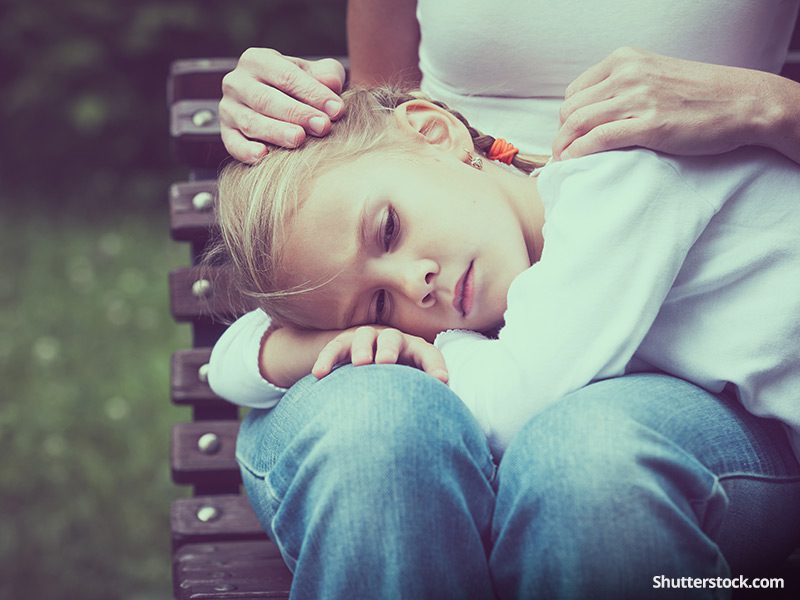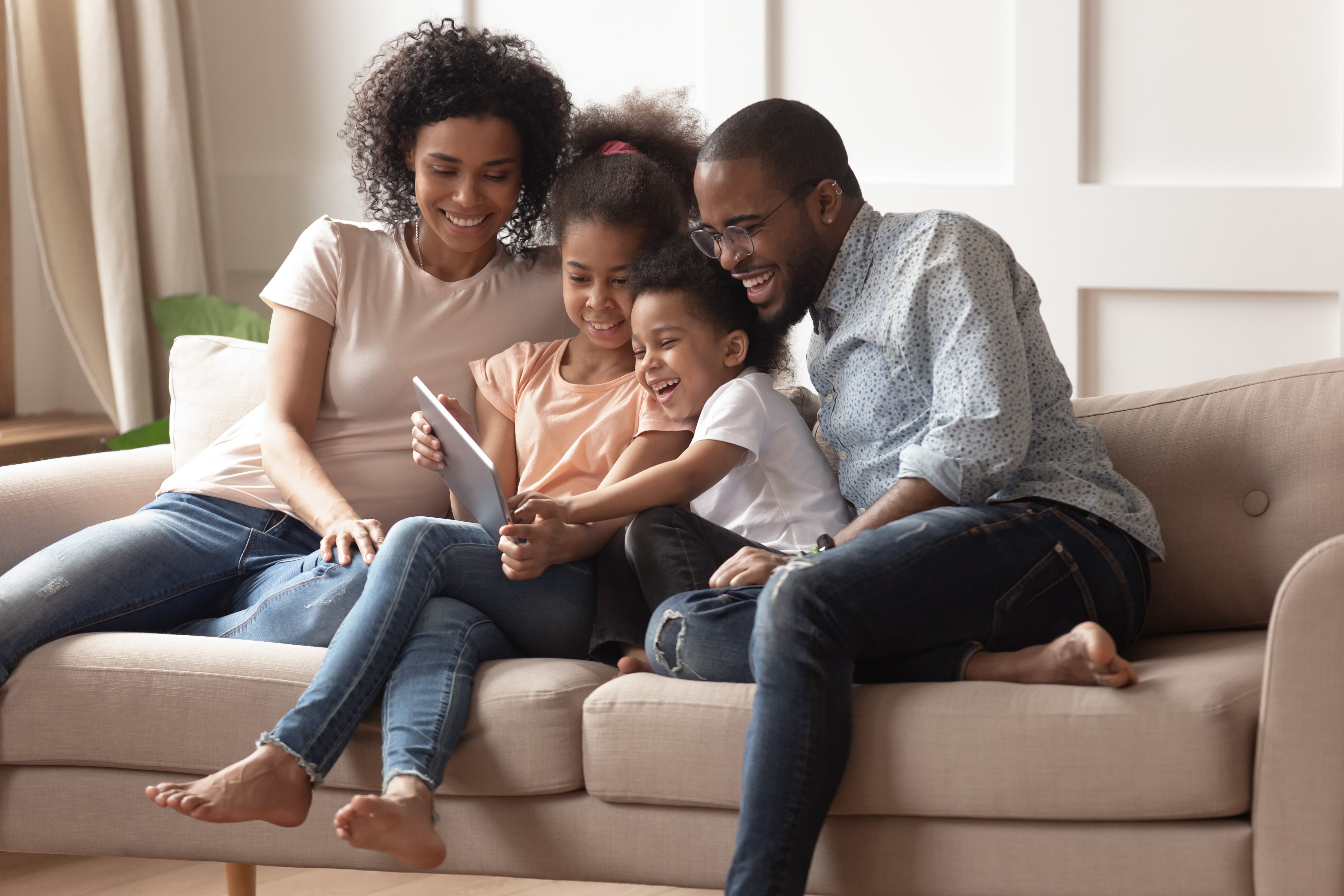
Of course, you want to protect your child. But helicopter parents tend to do more harm than good. Are you guilty of overprotecting your child? Take our short assessment to find out.
Get Started
If my child does poorly on an exam I immediately set up an appointment with the teacher to negotiate and discuss extra credit.
On one or more occasions Iâve stayed up late to redo my childâs homework because I know they can do better.
If my child has a disagreement with a friend I call his/her friendâs mother to discuss how to resolve the conflict.
I never miss a game or important performance and always let my child know what they could have done better.
When I run into people I know and they ask about my son/daughter, I answer for them (even if my child is with me).
At least twice a day I check in with my child by tracking the location of their phone.
I require that my son/daughter texts me once they get home from school, practice and/or hanging with friends.
It is difficult for me to remember what my life was like before I was a mother because everything in my life revolves around my child.
I often find myself contemplating how dangerous the world is and what harm might come to my child.
I have no problem letting my child go out alone but then I secretly follow them.
See My Results!
Sorry, no results found.
Please repeat the quiz and try different answer combinations.You might be an overprotective parent.

We know, the world is a scary place, but overprotecting your child often does more harm than good. There are many reasons for this, but the core reason that when you are being overprotective, you are essentially saying to your child, âYou arenât capable and canât handle life on your own.â Ironically, this undermines your core goal of helping your son/daughter become a self-reliant, responsible adult. In fact, a 2016 study found that overprotected children were more likely to have health issues as adults. Itâs hard to let go, but it can be done. Take small steps and trust that mistakes and failures are part of a childâs normal development and growth.
You are not an overprotective parent.

Good news, itâs clear you care about your child but you havenât let your care tip over into overprotection. As you know, one of the most important messages your child can consistently receive from you is, âI believe you are capable.â And that doesnât just mean telling them you believe they are capable of doing a good job, but also that they are capable of recovering from mistakes and failure. Overprotecting a child hurts them now and later. Consider this 2016 study which found that overprotected children are more likely to have health issues as adults. Keep up the good work and if youâre worried you might be on the verge of âhelicopter or snowplow parentingâ, take a step back and reevaluate.
×

